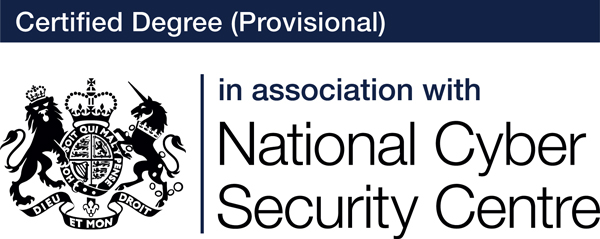Module dates
Dates for the core modules and challenges on the Cyber Security Executive MBA.
| Module title | Online start date | In-person workshop dates |
|---|---|---|
| Programme Induction | 3 September 2025 | 17 September 2025 |
| Inclusive Leadership for People and Organisations | 8 September 2025 | 18 - 20 September 2025 |
| Core Cyber Security Technologies | 27 October 2025 | 6 - 8 November 2025 |
| Responsible Innovation and Digitalisation for Business | 12 January 2026 | 22 - 24 January 2026 |
| Cyber Leadership Challenge A | 24 February 2026 | 5 - 6 March 2026 (online) |
| Risk Management and Governance | 23 March 2026 | 16 - 18 April 2026 |
| Business Economic and Financial Literacy | 1 June 2026 | 11 - 13 June 2026 |
| Cyber Security Operations and Incident Response | 20 July 2026 | 30 July - 1 August 2026 |
| Cyber Leadership Challenge B | 7 September | 10 - 12 September 2026 |
| Responsible Innovation and Digitalisation for Business | 12 October 2026 | 22 - 24 October 2026 |
| Cyber Security Regulation | 30 November 2026 | 10 - 12 December 2026 |
| Strategic Management | 1 February 2027 | 11 - 13 February 2027 |
| Human Factors in Cyber Security | 5 April 2027 | 15 - 17 April 2027 |
| Cyber Challenge 2 | 21 May 2027 | 24 - 28 May 2027 |
| Dissertation |
Please note that the above workshop dates are subject to change.















